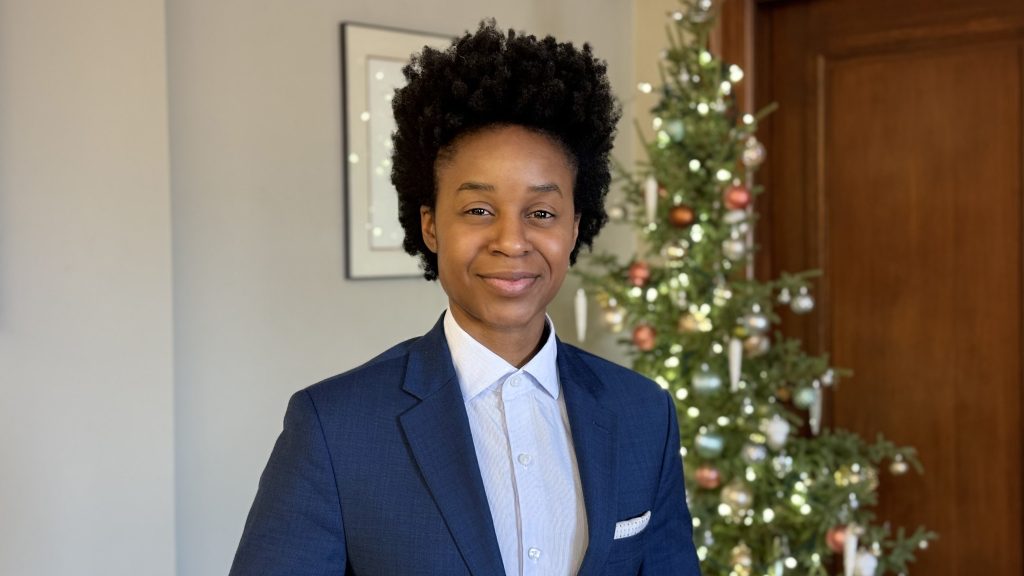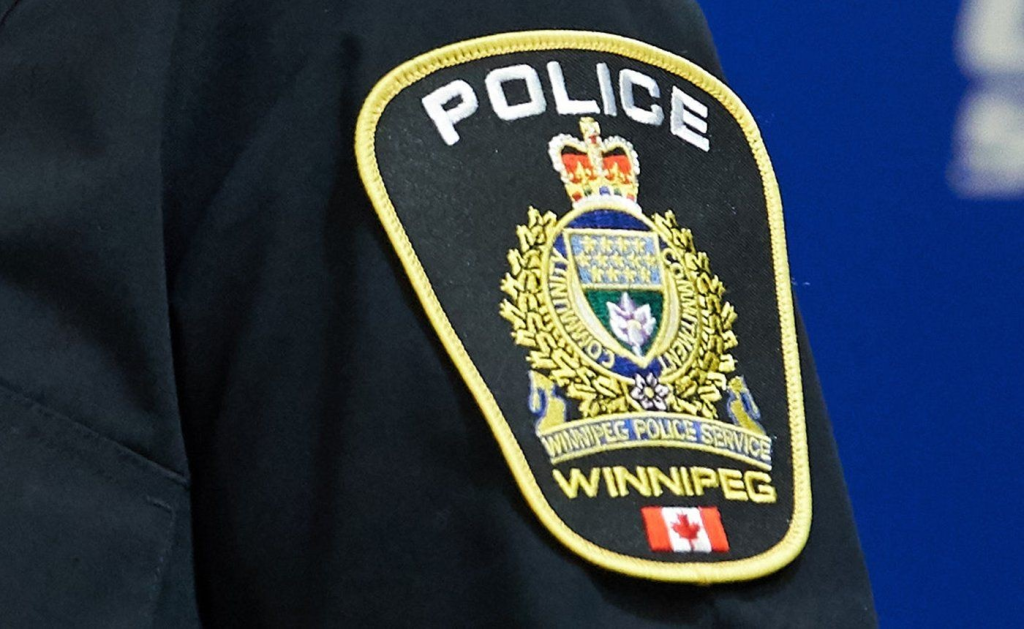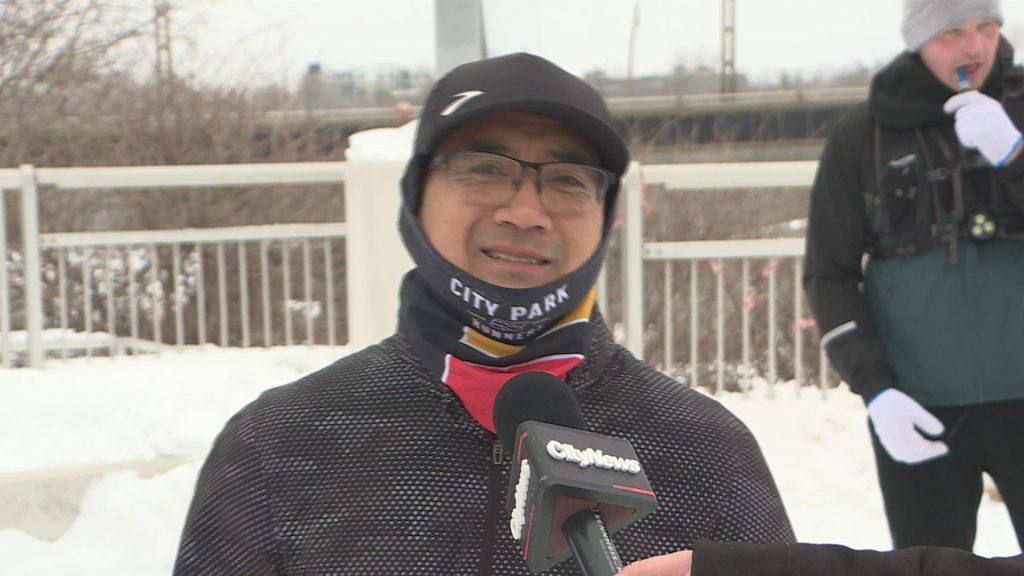Prime Minister Trudeau names new cabinet, shifting focus to economy, housing ahead of next election
Posted July 26, 2023 7:56 am.
Last Updated July 26, 2023 4:39 pm.
Prime Minister Justin Trudeau has announced a significant change to his cabinet, signalling that his Liberal government will focus on housing and affordability heading into the next election.
About three-quarters of cabinet portfolios have switched hands, with seven rookie ministers coming in to replace the seven ministers who are leaving. Five of the new ministers represent constituencies in Ontario, one is from British Columbia and one from Quebec.
The Liberal government is selling the reset as a renewal that centres on the middle class, growing the economy and creating jobs.
During a press conference with reporters after a swearing-in ceremony for the new ministers Wednesday morning, Trudeau said his government has had to navigate difficult global events.
The war in Ukraine led to a rise in fuel and food prices, while Canada has also had to respond to the backsliding of democracy abroad and foreign interference attempts at home.
Trudeau said there’s potential for a global economic slowdown, as inflation remains high along with interest rates rising around the world. Canada’s inflation rate fell to 2.8 per cent in June, and as Finance Minister Chrystia Freeland has boasted, that’s the lowest inflation rate in the G7.
“The fact that Canada is better off than many countries in the world doesn’t make it any less difficult for the millions of Canadians who are struggling,” Trudeau said.
He said his cabinet, full of “fresh energy,” will bring new voices, skills and experiences to the table in order to get Canadians through the global challenges.
There are 38 people in the cabinet, including Trudeau, and half of them are women.
All of them, except a few ministers who were not in Ottawa on Wednesday, were expected to join a cabinet meeting in the afternoon following the swearing-in ceremony at Rideau Hall and an extended press conference.
RELATED: Marco Mendocino confirms departure from Trudeau’s cabinet following Bernardo move
Wednesday’s shuffle is seen, in part, as a way for the Liberal government to respond to pressure from opposition parties and signal that they deserve to stay in government to tackle the country’s most pressing issues.
But Conservative Leader Pierre Poilievre pointed to Trudeau as the source for the nation’s ailing, including rising inflation, crime rates and lack of housing.
“His government is a failure. It’s funny, though – the one minister responsible for those failures didn’t get moved. And that minister is Justin Trudeau,” Poilievre said Wednesday.
The New Democrats have also been critical of the government’s track record as the cost of living, from food prices to housing, rises across the country.
Many observers have said it’s time for the nearly eight-year-old Liberal government to renew its vision, with polls indicating a Conservative lead in seats across the country.
“It’s an aging government that’s shaking in the polls,” said Jonathan Malloy, a political science professor at Carlton University.
It’s not unusual for a government that is halfway through its mandate to have a cabinet overhaul, Malloy said.
But it’s clear that Trudeau intended to drop ministers who were not perceived to be performing well in favour of fresh faces, he added.
The next federal election must take place by October 2025, but it could be called well before then.
Bloc Quebecois Leader Yves-Francois Blanchet said in a statement Wednesday that Trudeau’s shuffle indicates the government is aware that several of its departments are dysfunctional.
He pointed to the Ottawa’s handling of foreign interference allegations, immigration issues, housing affordability and passport processing, saying the government must be able to provide adequate services for people.
While Trudeau didn’t shy away from removing or demoting ministers from high-profile portfolios, he wouldn’t offer much detail on the reasons for removing several of them from cabinet, including ex-justice minister David Lametti and ex-Treasury Board president Mona Fortier.
Arif Virani is joining the front bench as justice minister and Attorney General, replacing Lametti, who said in a statement posted to Twitter that the job had been “the privilege of my life.”
Anita Anand, who has led Canada’s response to the Russian invasion of Ukraine, is leaving the defence portfolio to become president of the Treasury Board. Bill Blair, who was most recently in charge of emergency services, is taking over her former job.
Dominic LeBlanc is adding public safety to his intergovernmental affairs portfolio, replacing Marco Mendicino, who has been booted from the cabinet altogether.
Mendicino had been dogged by controversy over his handling of the prison transfer of serial killer Paul Bernardo, challenges bringing in new gun-control legislation and making progress on the Nova Scotia Mass Casualty Commission’s report, which called for an overhaul of the RCMP.
As LeBlanc picks up the pieces of those files, he will also still be tasked with negotiating the terms of a possible public inquiry into foreign interference.
The high-profile changes indicate the shuffle is as much about national security as it is about the economy, Malloy said.
Former immigration minister Sean Fraser is in a new role that sees the government’s housing agenda combined with the infrastructure file. Marc Miller, who was the minister for Crown-Indigenous relations, is taking on immigration.
Mark Holland, who was the government House leader, is taking on the health portfolio, while former Jean-Yves Duclos moves to public services and procurement. Karina Gould, the former families minister, will be the new House leader.
The other new ministers are Gary Anandasangaree, who takes over Crown-Indigenous Relations; Terry Beech, who is in a new portfolio called Citizens’ Services; Tourism Minister Soraya Martinez Ferrada; Mental Health and Addictions Minister Ya’ara Saks; Families Minister Jenna Sudds and Small Business Minister Rechie Valdez.
Only seven ministers have kept their portfolios: Finance Minister Chrystia Freeland, Industry Minister Francois-Philippe Champagne, Environment Minister Steven Guilbeault, Indigenous Services Minister Patty Hajdu, Women and Gender Equality Minister Marci Ien and Foreign Affairs Minister Melanie Joly.
Cabinet ministers and their titles
– Anita Anand: president of the Treasury Board
– Gary Anandasangaree: minister of Crown-Indigenous relations
– Terry Beech: minister of citizens’ services
– Francois-Philippe Champagne, minister of innovation, science and industry
– Marie-Claude Bibeau: minister of national revenue
– Bill Blair: minister of national defence
– Randy Boissonnault: minister of employment, workforce development and official languages
– Jean-Yves Duclos: minister of public services and procurement
– Soraya Martinez Ferrada: minister of tourism and minister responsible for the Economic Development Agency of Canada for the Regions of Quebec
– Sean Fraser: minister of housing, infrastructure and communities
– Chrystia Freeland, deputy prime minister and minister of finance
– Karina Gould: government House leader
– Steven Guilbeault: minister of environment and climate change
– Patty Hajdu: minister of Indigenous services and minister responsible for the Federal Economic Development Agency for Northern Ontario
– Mark Holland: minister of health
– Ahmed Hussen: minister of international development
– Gudie Hutchings: minister of rural economic development and minister responsible for the Atlantic Canada Opportunities Agency
– Marci Ien: minister for women and gender equality and youth
– Melanie Joly: minister of foreign affairs
– Kamal Khera: minister of diversity, inclusion and persons with disabilities
– Dominic LeBlanc: minister of public safety, democratic institutions and intergovernmental affairs
– Diane Lebouthillier: minister of fisheries, oceans and the Canadian Coast Guard
– Lawrence MacAulay: minister of agriculture and agri-food
– Marc Miller: minister of immigration, refugees and citizenship
– Mary Ng: minister of export promotion, international trade and economic development
– Seamus O’Regan Jr.: minister of labour and seniors
– Ginette Petitpas Taylor: minister of veterans affairs and associate minister of national defence
– Carla Qualtrough: minister of sport and physical activity
– Pablo Rodriguez: minister of transport and Quebec lieutenant
– Harjit Sajjan: president of the King’s Privy Council for Canada, minister of emergency preparedness and minister responsible for the Pacific Economic Development Agency of Canada
– Ya’ara Saks: minister of mental health and addictions and associate minister of health
– Jenna Sudds: minister of families, children and social development
– Pascale St-Onge: minister of Canadian heritage
– Filomena Tassi: minister responsible for the Federal Economic DevelopmentAgency for Southern Ontario
– Rechie Valdez: minister of small business
– Arif Virani: minister of justice and Attorney General of Canada
– Jonathan Wilkinson: minister of energy and natural resources







